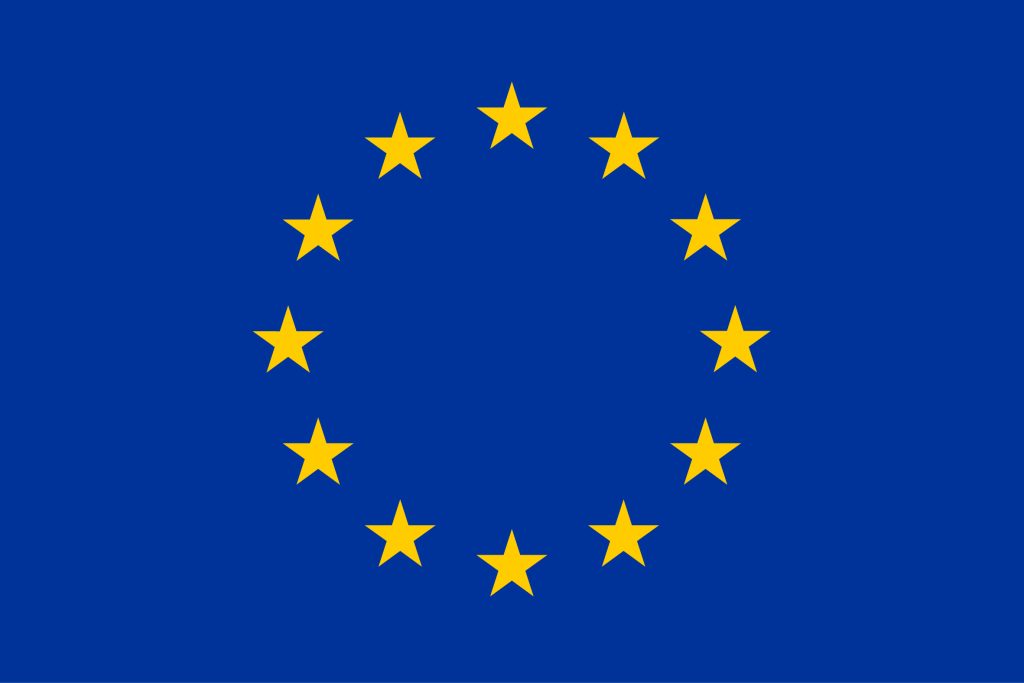Beneficiaries
13,000
Duration
End date suspended
due to COVID-19
Total budget
€777,930

Food security & Livelihood
Funding


Programme details
This project is being carried out in consortium with :
- The University of Liège Gembloux Agro Bio-Tech (Maître d’oeuvre);
- Vietnam National University of Agriculture or VNUA;
- The Korean Fund for Fish Farming Development or KFDFC, supported by the Bureau of Aquaculture (BoA) under the Ministry of Fisheries.

According to the latest report from the United Nations Crop and Food Security Assessment Mission, food production in the DPR Korea (or DPRK) is focusing mainly on increasing agricultural production. Despite this, the diet of a large proportion of the population is deficient in proteins, lipids and micronutrients. Access to animal protein is scarce and inadequate, with supplies of animal products being sporadic, dependent on seasonal availability and limited to very small quantities. Access to food is also influenced by the coverage of the Public Distribution System (PDS). Most of the population of the DPRK depends on the PDS for the supply of basic foodstuffs. As a result, the DPRK is very vulnerable because the PDS has major shortcomings (70% of the population depends on the PDS).
In the DPRK, schooling is compulsory from the age of 6. Before entering the school system, children who cannot stay at home during the day attend pre-school establishments (crèches for children aged 0 to 4 and day-care centres for children aged 5 to 6). These pre-school establishments are called “Bo-Yuk-Ki-Kwan”, which means “child care centres”. These institutions are run either by neighbourhood committees (only in urban areas) or by an official public body (hospitals, farms, industrial centres, etc.).
In rural areas, crèches and nurseries generally depend on a cooperative farm. Although children’s diets were more elaborate in towns than in the countryside until the early 1990s, this situation has since been reversed, with farms supplying rural institutions directly, bypassing the SDP. The production units responsible for supplying food to children’s institutions (cooperative farms) are not supported and have to cope with low and irregular production. They are therefore far from achieving their objective. As a result, the basic needs of children in these institutions are still not being met, and their diet is inadequate and lacking in variety.
In order to increase the food security of children dependent on social institutions, this programme aims to improve the availability, accessibility and use of food by focusing on the development of sustainable and innovative aquaculture in the DPRK.
To this end, an agricultural research centre in Pukchang county (South Pyongyang province) has been selected to experiment with new technologies and practices, with a view to improving fish farming production.
The project will adopt a global approach including :
- An intensified fish farming system based on local food resources. Increased fish production will be sought mainly through appropriate, simple technologies adapted to local constraints, such as the use of maggots or shrimps in fish feed instead of cereals.
- Improving distribution and production channels.
- Strengthening the technical and institutional capacity of the Ministry of Fisheries and fish farm staff. The partners intend to improve BoA’s technical and institutional capacity by drawing on lessons learned from the past to create a more sustainable fish-feeding system.
- Strengthening the network with research players based abroad (in particular through study trips to Vietnam).
- Greater awareness among the local population.
The target area is a mountainous county which is difficult to access, making it difficult to transport foodstuffs from this region. In addition, food production conditions are currently poor. In addition to the general lack of agricultural facilities throughout the country, Pukchang County is facing a shortage of agricultural land due to the presence of mines and a spa in the area. The county is therefore more vulnerable to food shortages than other counties in the DPRK. The use of specific local resources, such as aquaculture production, will help to increase the overall level of food consumption by the county’s population.
This project is therefore in line with the overall objective of strengthening the resilience of food-insecure people to food crises, by paying particular attention to the promotion of nutrition-sensitive activities and policies, and by encouraging sustainable and resilient practices in the field of small-scale aquaculture.
Since 1998, GxABT/ULg and VNUA have developed complementary expertise in the field of aquaculture and smallholder extension.The partnership between an official Korean body, the BoA, and these two research universities began to develop through the sharing of contacts.
In February 2017, after a mission was carried out in Pukchang county (South Pyongan province, DPRK), ULg, BoA and TGH took the opportunity to better define and promote their collaboration on the ground.